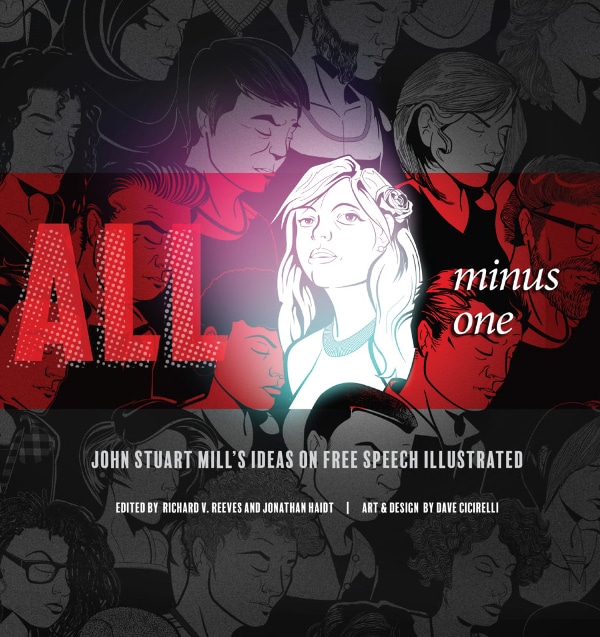I haven’t read any Karl Ove Knausgaard, but Toril Moi’s critique of his multi-volume novel, My Struggle strikes a chord with me – particularly as it relates his work to a quest for presence, and ‘attention’. A question of one’s existence and an attempt to record or validate it. Might have to add My Struggle to the ‘to read’ list, though it seems like a behemoth.
Nothing is more ordinary than existence—than being there; nothing is easier to miss. This is the heart of the project of My Struggle: all these thousands of pages are attempts to pay attention. They arise from the realization of how easy it is to miss the adventure of one’s own existence, to live one’s life without noticing, without paying attention to that one thing: that I was there. But they also arise from the realization that we will inevitably miss much of that adventure, that our only hope is to recreate the moments of existence from memory.
My Struggle is one man’s attempt to tell us how it is to be here, now. To show us existence as an ordinary phenomenon. But it is also an attempt to record his own existence. The book tells us that he, Karl Ove Knausgaard, was here. That he existed. That he struggled to be present in the world. This is why description is the key formal device in My Struggle. Description is precisely the literary form which unites the voice of the subject (of the narrator or writer) with his or her interest in the object of the description. Uniting the utterly concrete and precise with the question of existence, the description we just looked at achieves the “inexhaustible precision” which is Knausgaard’s aesthetic ideal.


